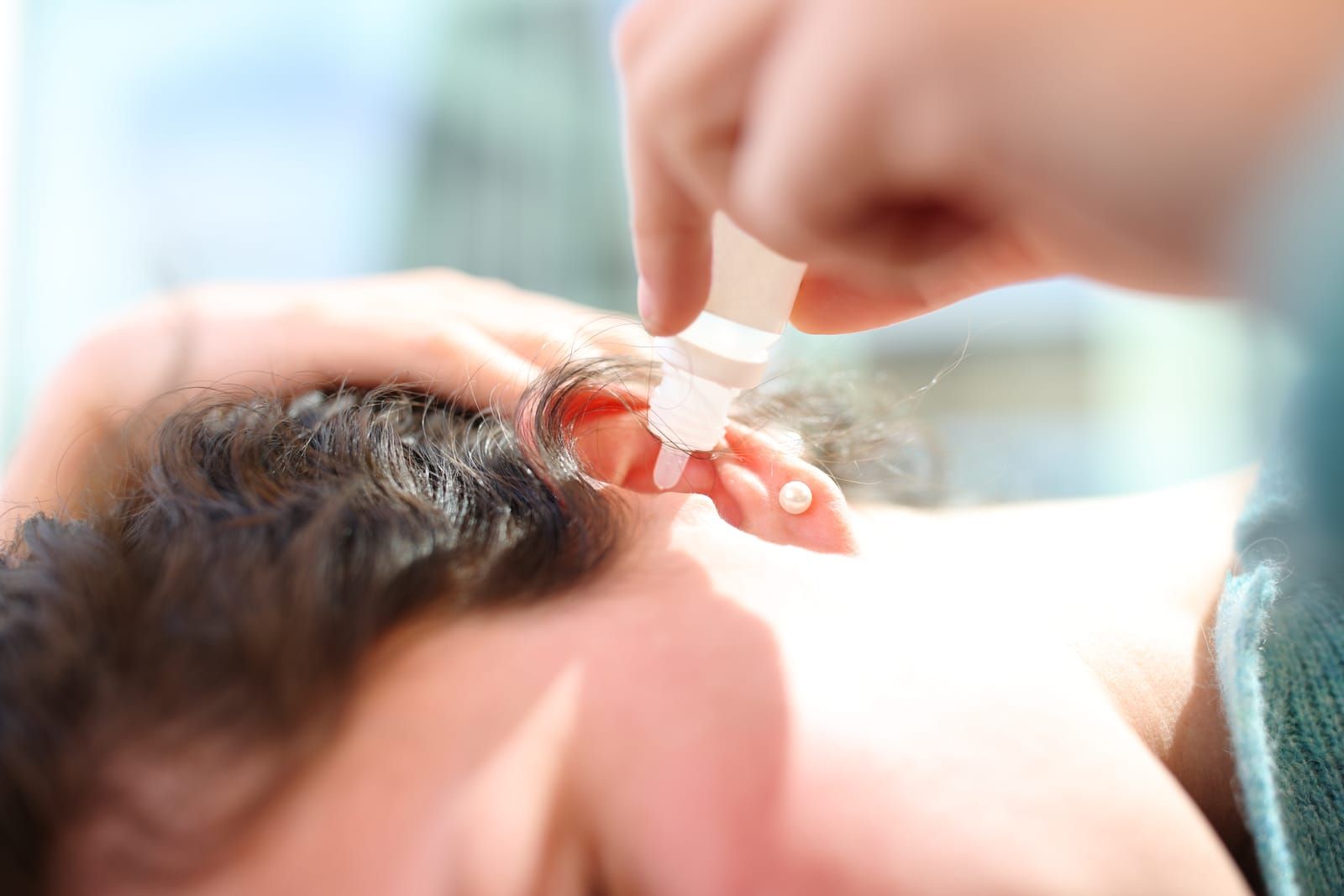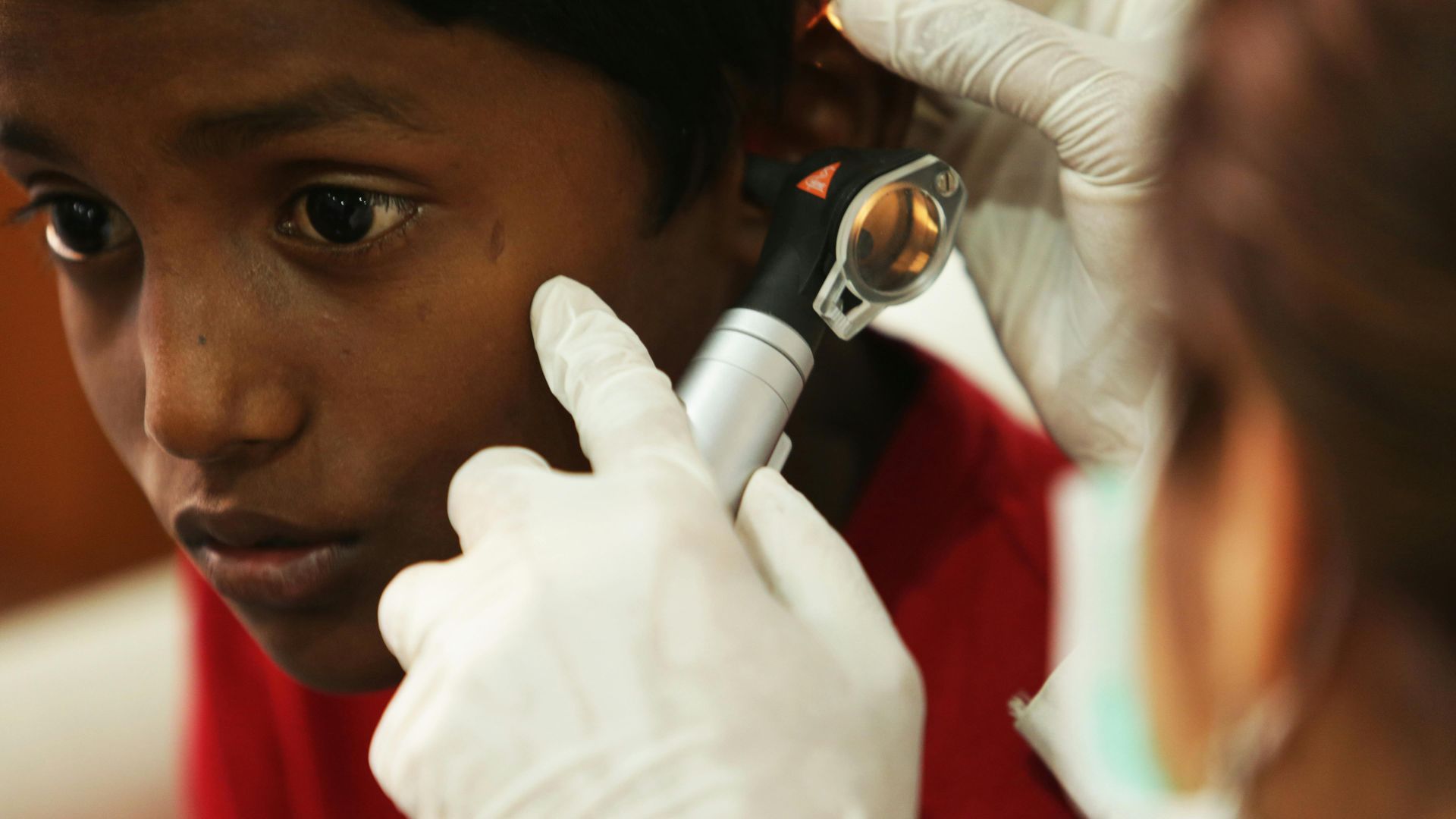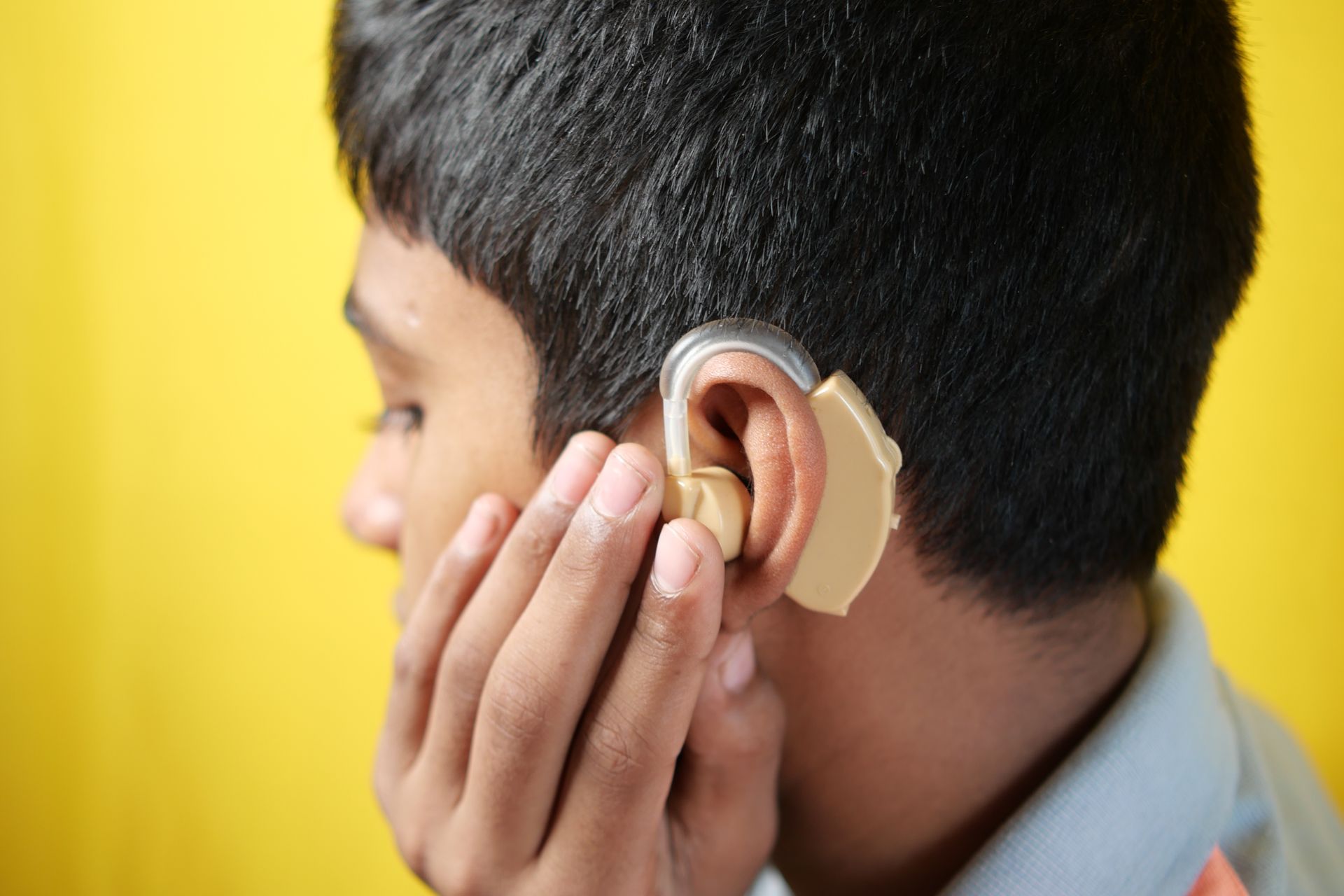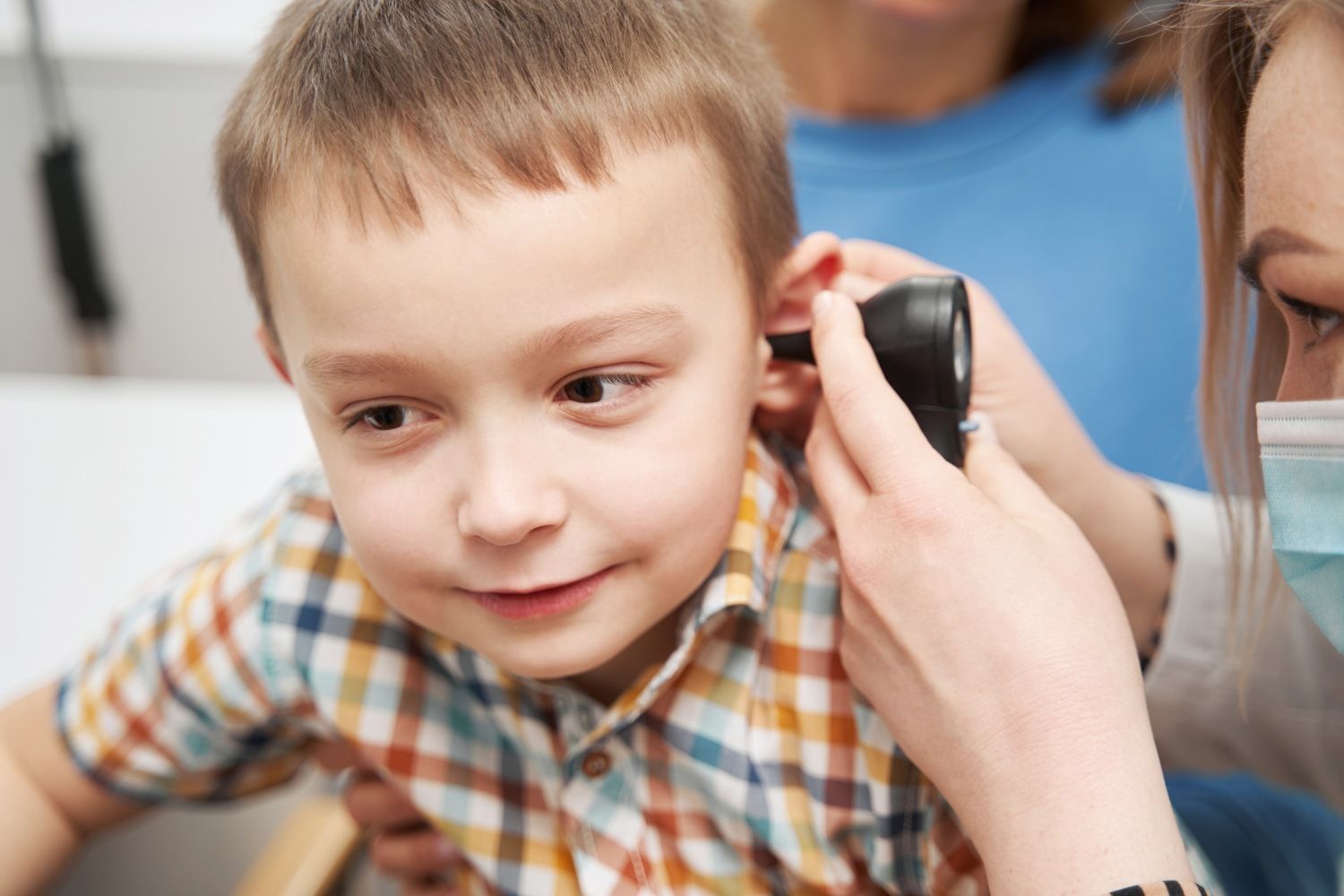Chronic Ear Infections in Kids
There's nothing worse than seeing your child in discomfort, especially if you can’t find the root of the issue. One common problem for kids is chronic ear infections, as they keep coming back and can be a real worry for both parents and kids.
Continue reading to learn what chronic ear infections are, why they happen, the signs, how to treat them, and ways to prevent them.
Understanding Chronic Ear Infections
Ear infections occur when bacteria or viruses infiltrate the middle ear, leading to inflammation and fluid accumulation behind the eardrum. Chronic ear infections often occur in a short time. They frequently occur in young kids because of the shape and size of their ear tubes, which can let germs in easily.
Causes of Chronic Ear Infections
Several things can lead to chronic ear infections in kids:
- Anatomy: Kids have shorter, flatter ear tubes, which let germs travel from their throat to their middle ear more easily.
- Allergies: Allergies can swell the ear, blocking it and causing infections.
- Daycare or School: Being with other kids can increase your kid’s chances of getting sick.
- Passive Smoke: Kids around smokers are more likely to get ear infections.
- Feeding: Babies who drink from a bottle while lying down have a higher risk because of how their ear tubes are positioned.
Recognizing the Symptoms
It's critical to spot chronic ear infections early for the best treatment. Look for these signs:
● Severe and frequent ear pain
● Liquid or pus coming from the ear
● Being cranky or fussy because of the earache
● Trouble hearing, which is usually temporary
● A fever, which may indicate there's an infection
Talk to a pediatric ENT specialist as soon as you can if you spot these signs.
Treatment Options
The treatment for chronic ear infections depends on how often and how bad they are. Here's what can be done:
Antibiotics
Often, doctors prescribe these to treat the infection. It's important to finish the entire course of medicine, even if your child feels better.
Pain Relief
Over-the-counter pain medicine can sometimes help with ear pain and fever.
Surgery
If the infections are recurring, the doctor might suggest a surgery called myringotomy. This means making a small hole in the eardrum to let out the fluid and prevent more infections. Sometimes, they might put in ear tubes to help with drainage.
Preventive Measures
Everyone wants to prevent chronic ear infections. While some things can't be changed, you can do these things to lower the risk:
- Vaccination: Ensuring your child's vaccinations are up to date can help prevent certain infections that can lead to ear problems.
- Avoid Smoking: If you smoke, do it away from your child.
- Handwashing: Teach your child to wash their hands well to stop germs from spreading.
- Breastfeeding: If possible, breastfeed your baby. It gives them protection against ear infections. Less Pacifier Use: Too much pacifier time has been linked to ear infections. Try not to use it, especially when your child is asleep.
- Avoid Daycares: A daycare environment may increase the exposure and exchange of germs, leading to infection.
Always consult a doctor for advice at the first sign of an ear problem to prevent complications for your child or yourself.
ENT Medical and Surgical Group has been at the forefront of providing exceptional “Patient First” ENT care in Connecticut for almost four decades. If your child or you are experiencing a severe earache or related symptoms, don't hesitate to contact us. Our experienced
ear, nose, and throat specialists will provide top-notch care for all your ear-related concerns. Take the first step towards relief by
contacting us!













